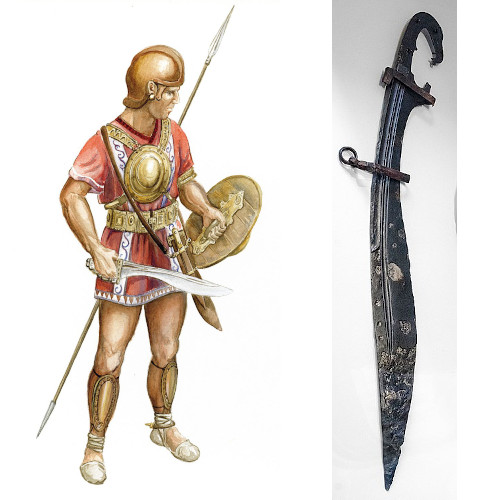
Dedicated for all DNA, Analysis Results, History, Research topics related to: Iberians
The Iberians were a non-Celtic group of people associated with the southern and eastern coasts of the Iberian peninsula in the first milennium BC. Due to their military skills, Iberian soldiers were frequently involved in conflicts in Italy, Greece and Sicily. They lived in villages and fortified settlements called oppida based on a tribal organization with knowledge of metalworking, writing, bronze working and agricultural techniques. Preceeding Roman conquests in the region, Iberian settlements grew in complexity due to contacts with Phoenicians, Greeks and Carthageinians. They traded extensively with other cultures in the Medieterranean where Iberian pottery and metalwork has been found in France, Italy and North Africa. The Iberians also had close contact with Phoenicians who had established colonies in southern Andalusia. In the First Punic war between Rome and Carthage, Hamilcar Barca began his conquest in Iberia making the IBerian theater the key battleground between these powers. Many Iberian and Celtiberian warriors fought for one side or the other, though most tribes sided with Carthage. After Carthage's ultimate defeat, the Iberian territories were divided into Hispania Ulterior and Hispania Citerior. An Iberian revolt in 197 BC against Rome was crushed, but was the beginning of a long drawn out campaign for the conquest of Lustiania to the west.

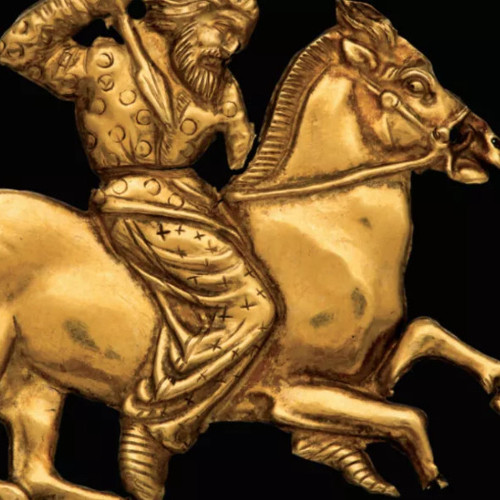
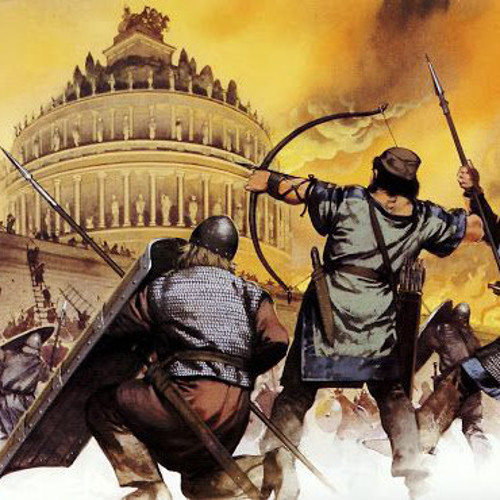
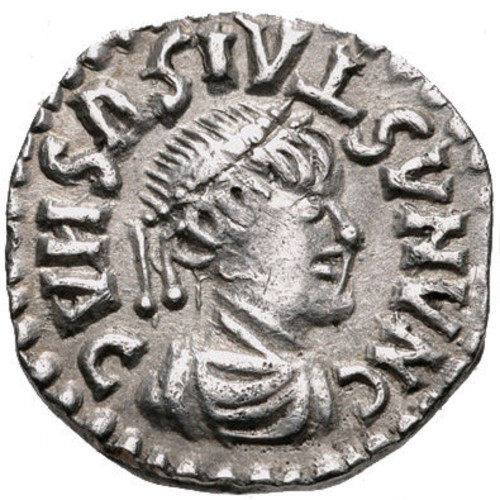


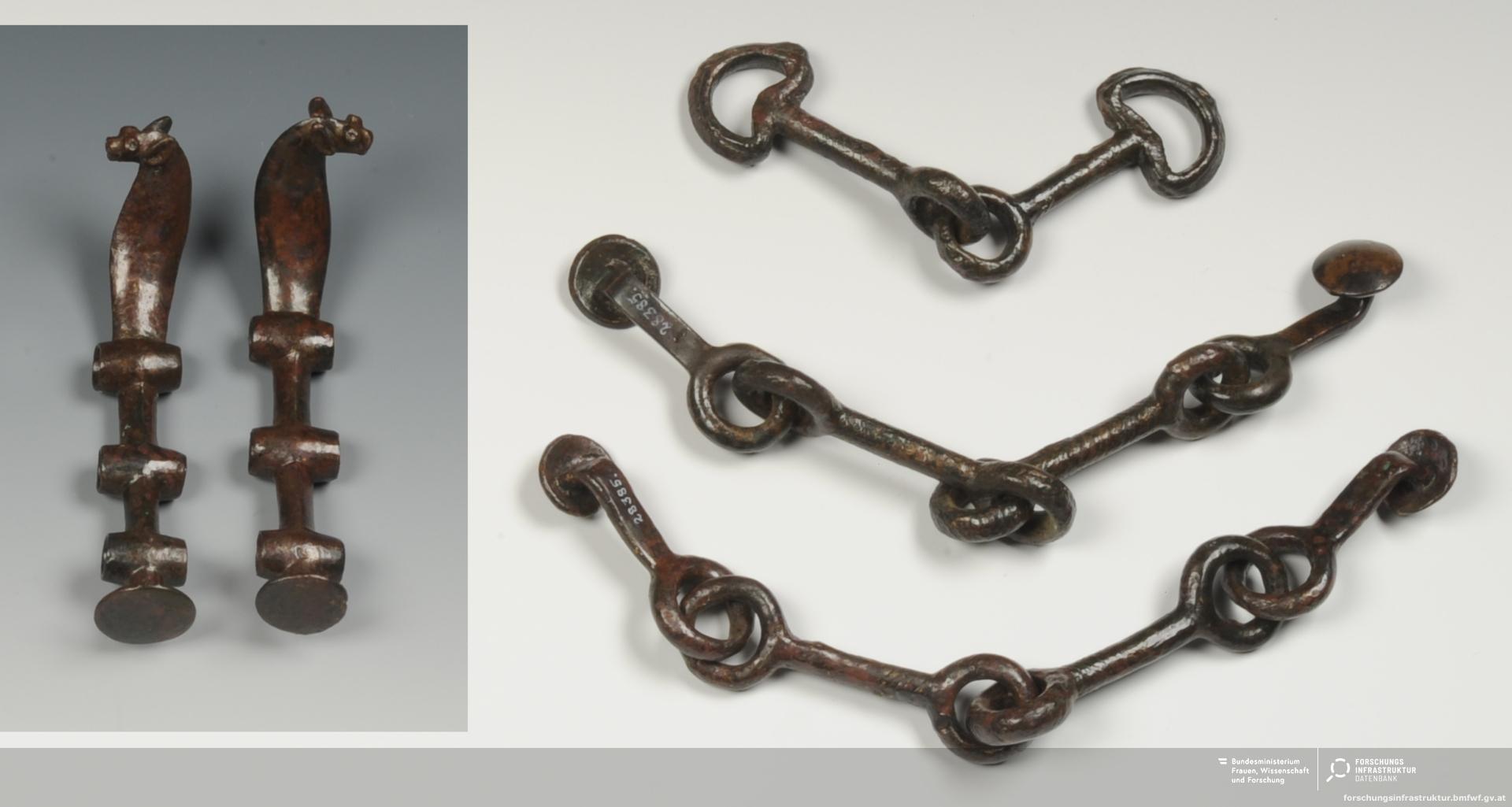

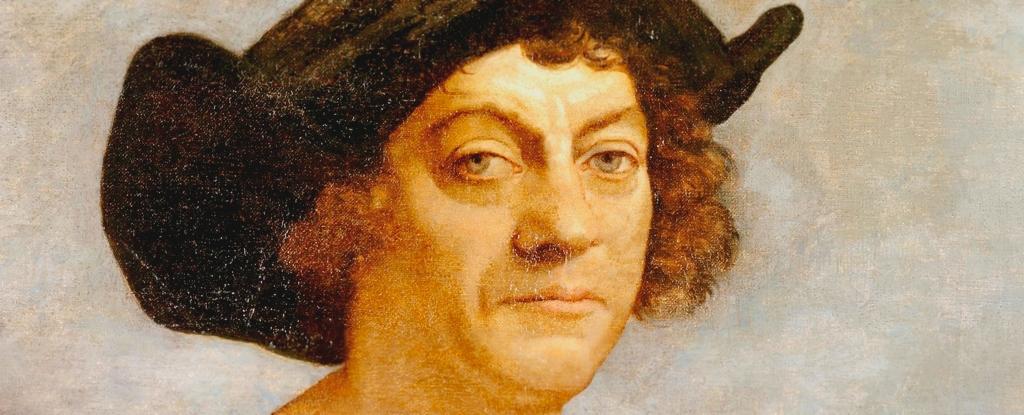
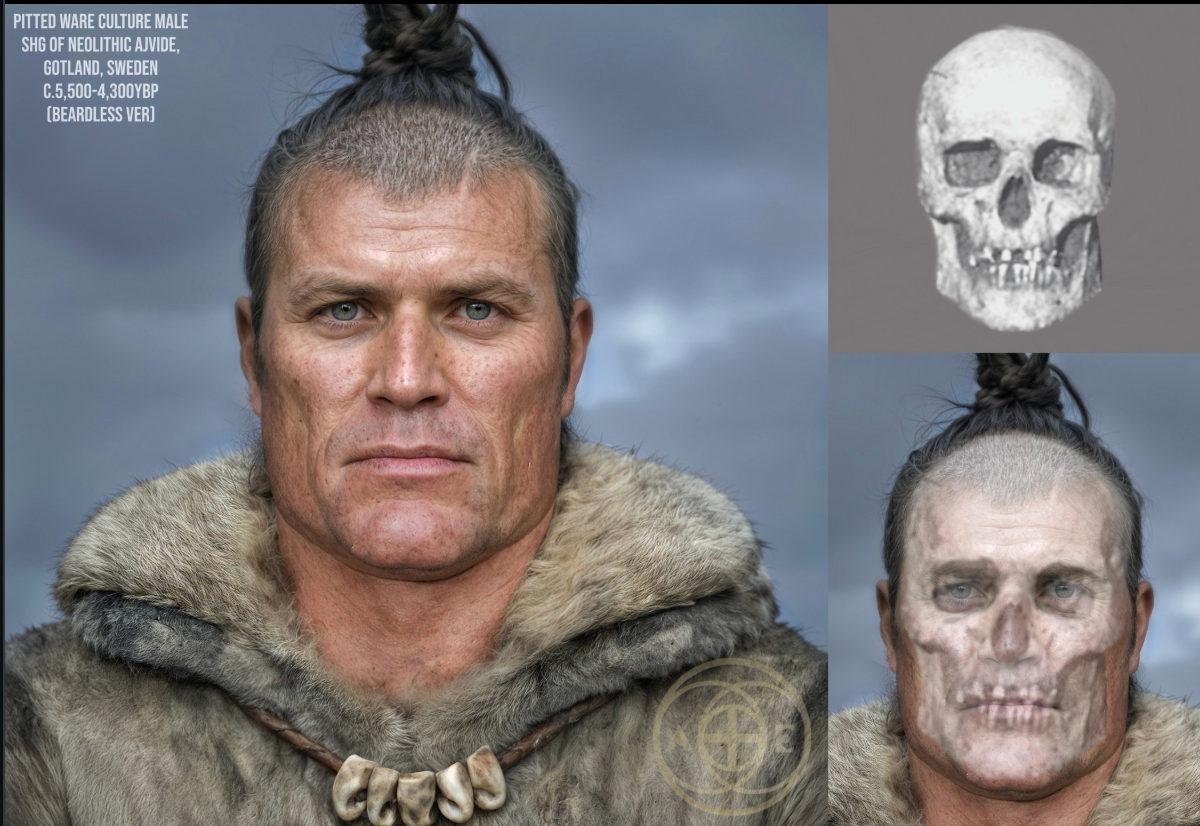
Comments